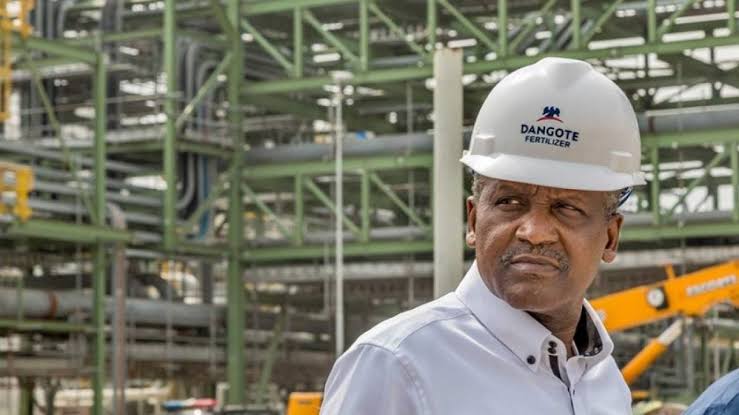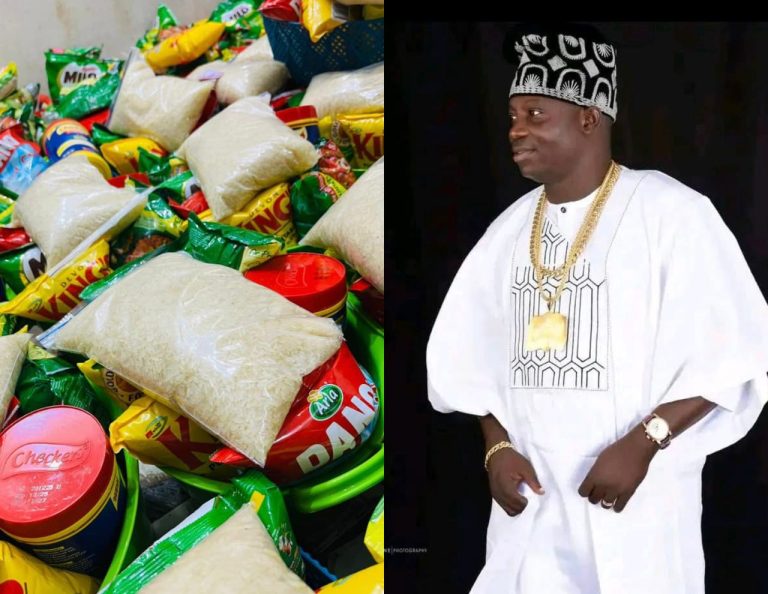
Dangote Oil Refinery has confirmed that its plan to begin supplying petrol in July 2024, as previously announced, remains unchanged.
Reports gathered that, the Vice President of Oil and Gas at Dangote Industries Limited, Devakumar Edwin, gave this update during a visit to the facility by officials from S&P Global over the weekend.
Edwin explained that the company is committed to driving a positive cycle of industrial growth, employment, and economic well-being by utilizing Africa’s rich crude oil reserves to produce refined goods locally.
He reiterated that the company is on track to start producing Premium Motor Spirit (PMS), better known as fuel or petrol, this month, as promised.
Edwin assured that the products from the facility are of superior quality and adhere to global standards, capable of satisfying Nigeria’s entire demand for petrol, diesel, kerosene, and aviation fuel, with excess supplies available for export.
Meanwhile, S&P Global has noted that the Dangote refinery has the potential to address Nigeria’s issues with foreign exchange by eliminating the need for fuel imports, which significantly affects the value of the local currency.
S&P Global was said to have conducted a tour of the Dangote Refinery in Ibeju-Lekki, Lagos, as part of its assessment of Nigeria’s sovereign credit ratings.
The visiting team from the global rating agency was joined by representatives from the Federal Ministry of Finance.
The Director and Lead Analyst for Sovereign and International Public Finance Ratings at S&P Global Ratings, Ravi Bhatia, who led the visit to Lagos, stated that the Dangote refinery could turn Nigeria into a net exporter of petroleum products, which he believes would increase the country’s revenue and ease the strain on its foreign exchange reserves.
Bhatia said, “It is a very impressive facility, able to process 650,000 barrels a day, when in full capacity. It is the largest single-train refinery complex in the world. It came out quite quickly. Nigeria is a big exporter of crude but has issues with importing refined fuels.
“So, there is a gap in the market where crude can be refined in Nigeria, save money that way, and potentially save some foreign exchange. This will be positive for the economy in the medium term. It looks positive from our assessment,” Bhatia said after an over four-hour tour of the facility.”




